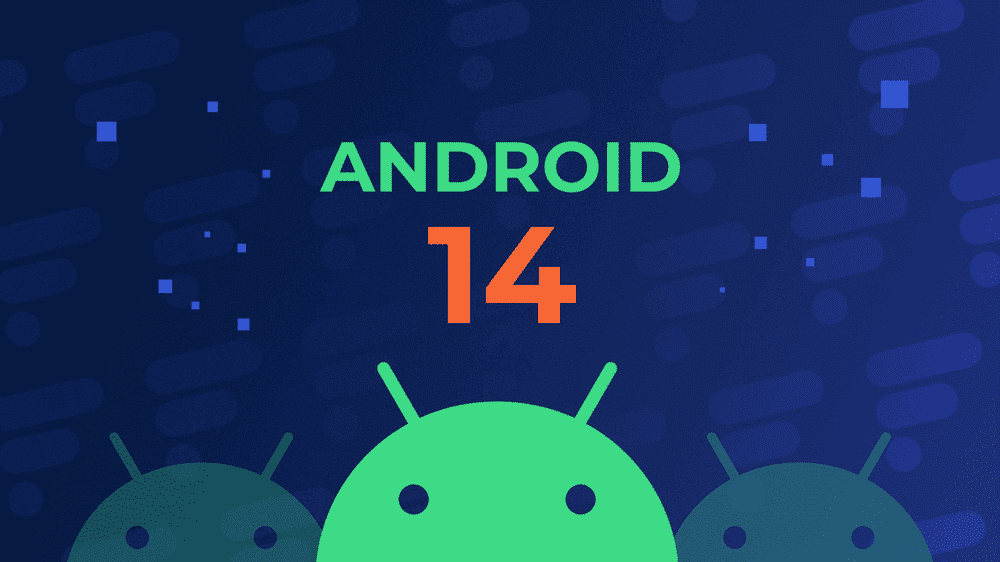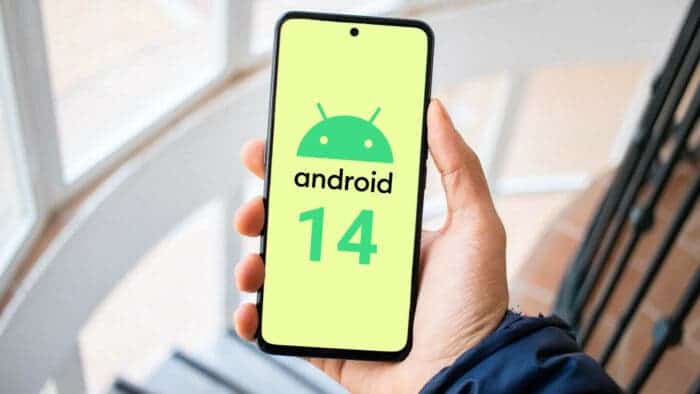The Android 14 is the latest version of the mobile operating system developed by the Google developer team. They have been working on it for several months now. It is expected to be released in the final months of 2023. However, one of the most common complaints among Android users and developers is the restrictions on background apps and services. Many device manufacturers are very aggressive in blocking background apps to save battery life. This can result in an unpleasant experience for the user.
To address this issue, Google has decided to collaborate with major brands to improve the user experience of their devices. Samsung, in particular, has already given its consent to this collaboration. Starting from One UI 6.0, the foreground services of apps intended for Android 14 will work as expected provided they are developed according to Google’s new OS API policy.
Google and Samsung Join Forces to Improve the Android 14 User Experience

Google has made three changes with Android 14 Developer Preview 1. These changes aim to make it easier for developers to create applications that work consistently on different Android devices. The first change is a new requirement to declare foreground service types and request specific permissions. The second change is a new type of user initiated data transfer job. The third change is new Google Play rules to ensure proper use of foreground services and user initiated data transfer processes.
Users will need to wait until the beginning of next year for One UI 6.0 to launch together with the Samsung Galaxy S24 series. However, this collaboration between Samsung and Google should lead to an important improvement in the user experience of Samsung devices. With the release of Android 14, users can expect a better experience with background apps and services. As well as improved consistency across different Android devices.
Another significant change with Android 14 is the introduction of a new mobile payment system. This system will allow users to make payments with their phones using near field communication (NFC) technology. It will also integrate with popular payment services like Google Pay and PayPal. Making it easier for users to make secure payments.





